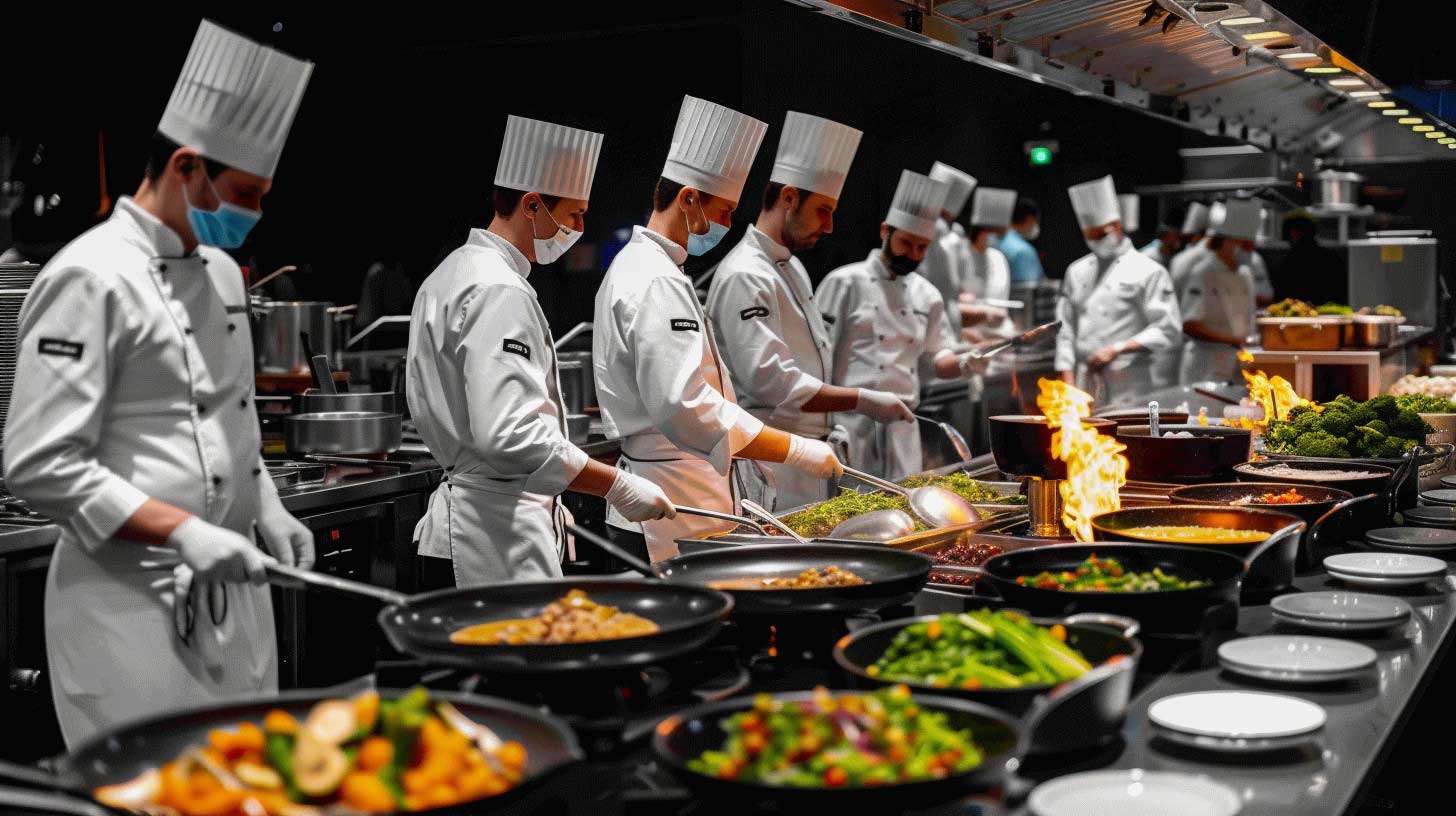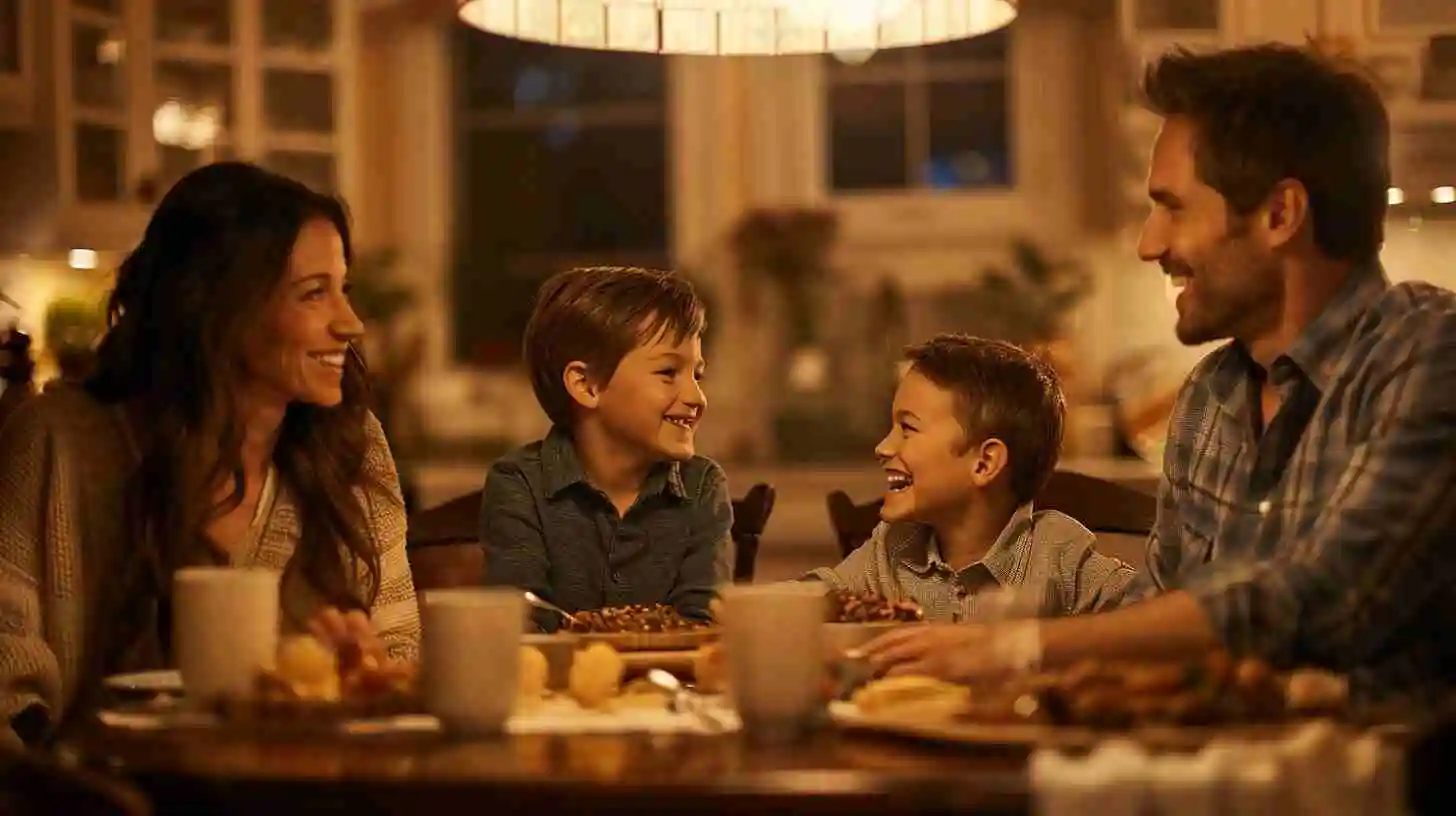Mastering the Art of Cooking: Essential Skills for Every Home Chef
Turning on a stove should not be only restricted for preparing meals but also appreciated as a beautiful form of creativity and an integral skill. There is a big difference whether one is using a stove for the first time or uses it frequently. Learning how to cook is life changing in so many aspects from planning your meals to enjoying food. This blog will touch on the important aspects that one needs to learn, starting from basic tips for advanced practices which give delightful results.
1. Knife Skills: The Building Blocks of Cooking
The use of knives in a kitchen setting cannot be overemphasized. Efficient cutting of the carrots to just eliminate the need of lengthy cooking times. Here are a few suggestions:
- Knife holding technique: Fingers gripping the handle can be attached to the end of the knife, with the thumb and forefinger gripping the blade. This technique ensures better control over the knife.
- Bear claw technique: While cutting, fingers can be curled up underneath of the cutting hand, ensuring that the fingertips hold down firmly to the blade.
- Practice different cuts: Learn the fundamental cuts including chopping, dicing, julienne and mincing among others, each of which is performed with a specific objective such as cutting food into similarly sized pieces to ensure that all the pieces are cooked together effectively.
2. Effective Ways to Learn Cooking As a Beginner
With no prior knowledge, learning how to cook can be an overwhelming task but learning a few basic techniques can accelerate your learning. Here are some key techniques to start with:
- Sautéing: This is the method of placing oil in a pan and heating it to a medium high temperature then placing food in the hot oil and remaining the food there for a short period of time. This is particularly effective on vegetables and meats or when stir frying.
- Boiling and simmering: Regardless of if you are boiling pasta or rice or simmering soup, knowing how to boil specific food requires knowledge and experience. This could greatly enhance the flavors of your end product.
- Baking and roasting: The major difference between these two techniques is that baking is used for breads, cakes and pastries, whereas roasting is mostly employed for cooking meats and vegetables at higher temperatures in an oven.
- Grilling: Indoor grilling with a stovetop grill or outdoor barbecuing can allow you to achieve that perfect burnt and smoky taste when preparing food.
3. The Importance of Seasoning and Pairing Ingredients With Flavor
When preparing a dish, it is important to season it the right amount because a seasoned dish is considered to be well made. Especially when preparing pasta, rice, or meat dishes, one should have an ample understanding of the necessity of salt as it goes a long way. Salt enhances the natural flavors of food, hence seasoning should be done gradually.
- Take advantage of the intricacies offered by spices: Different parts of the globe have their own blend of spices. So for example, you can use cumin and coriander for Middle-Eastern recipes or basil and oregano for Italian recipes.
- Balance your flavors: Try adding all five tastes, that is, salty, sweet, sour, bitter, and umami to the dish so as to make it more interesting and full of depth.
4. Cooking Approach to Time Management
Making the best use of time in the kitchen will significantly help with making cooking easy:
- Prepare ahead of time: Before you begin the actual cooking process, get everything you need ready. This strategy, known as "mise en place," enables you to be orderly and avoids frantic searching during the last minutes.
- Multitask accordingly: Clean the kitchen, make side dishes, set the dining table or do anything else useful while something is on simmer or baking.
- Employ timers: Timers help you to remember when to check on something you put in a pot, specific when you are doing other dishes at the same time.
5. How food presentation can enhance appeal: The Art of Visuals
Having appealing food is a major factor so learn how to present your food properly so that it can be enjoyed twice, one with a sight and another with taste:
- Plating: Place your food on the plate in an orderly manner. Make use of contrasting colors and shapes in order to enhance the visuals.
- Garnishing: Pretty up your plate with fresh herbs, edible flowers, or a little touch of sauce.
- Controlling portion sizes: To avoid over-crowding the plate, serve appropriate portions which will enhance the balance of the plate.
6. Forming an Enjoyment of Food
The very first step to mastering the art of cooking is the constant adjustment of flavors according to one’s liking:
- Keep on trying your food: Be gracious enough to always taste your food while cooking. This allows correcting mistakes, for example if not enough seasoning has been used.
- Trust your mouth: Each passing day one becomes more experienced and trust the fact that one will evolve into a person who will know what an average dish requires. Salt, sugar, or acidity perhaps?
7. Enhance Orderliness and Tidiness
A vile kitchen has never helped anyone in cooking and without a doubt maintaining cleanliness offers ease in cooking which otherwise would be quite a hassle:
- Do the dishes while cooking: There is absolutely no reason to pile up everything till the end in fact every time one is able to clean up after oneself, that should be done.
- Tidy your kitchen: It is no unknown fact that one will end up wasting time looking for tools and seasonings which are irrationally placed. Hence keep all the necessary at close distance.
8. Everything and Anything More Than Cooking -Recipes A Form of Knowledge
It goes without saying that the more one cooks the chances of failing reduces exponentially since with every attempt one gets better:
- Expand your recipes: Push your boundaries and experiment with cooking new food items from a variety of cultures. It will widen your cooking skills as well as learning new skills in the process.
- Search for tips and tricks: Expert chefs have great knowledge and information, and they can be easily found in online cooking videos.
- Cook with other family members: Without a shred of doubt, cooking with other family members is enjoyable as well as a great experience.
Conclusion
Fifteen-year-old Jill Sanchez will tell you that cooking skills do not necessarily come easily or naturally. In this sense, she is right. But boiling her words down into practice, patience and learn willingness would rather be to understate the entirety of practice. It is indeed practice that makes a difference. For the most part, mastering the basics – cut, raw, heat, seasoning, and finally timing – makes the transition ease to advanced cooking. But the key point here once again is, be sure to enjoy and cherish the process too. When it's all done mingles out the how it's done with the actual got cooking.
Explore: The Best Practices for Matching Flavours: The Chef Way



















